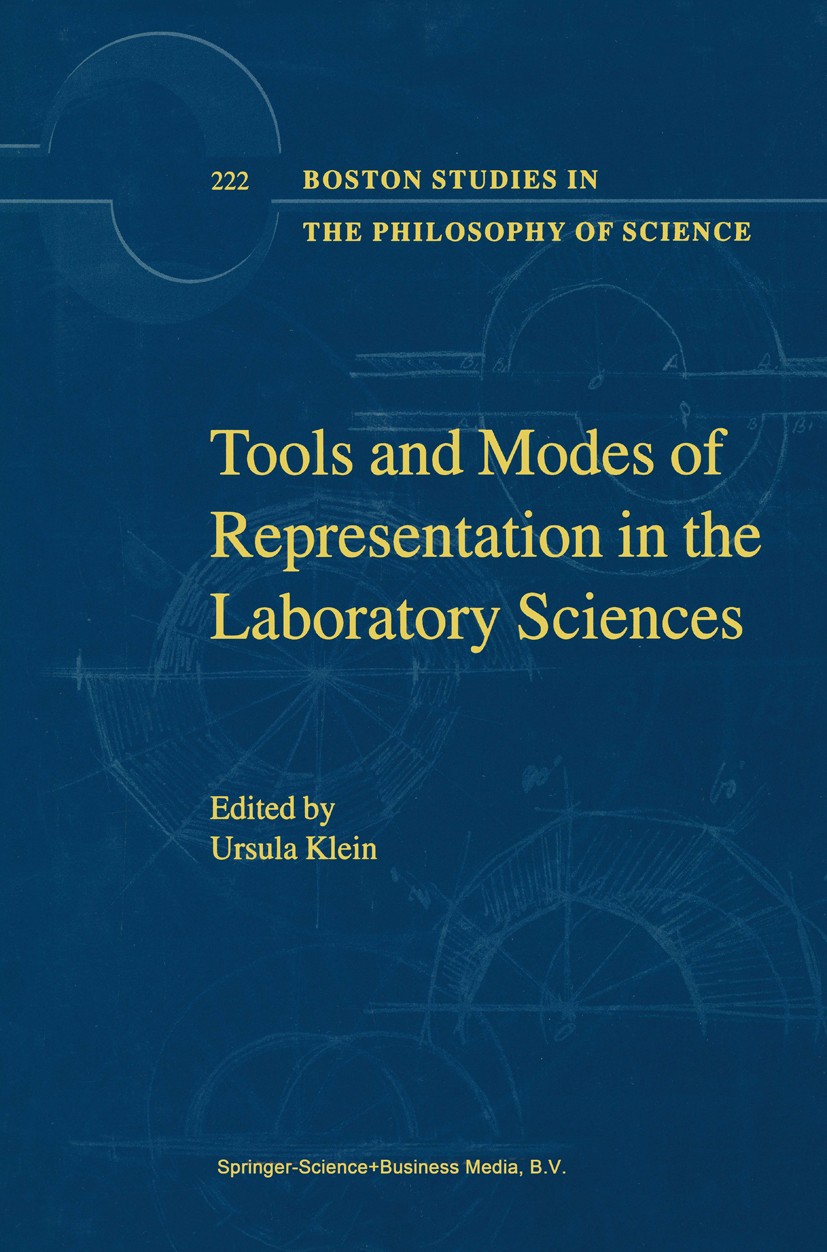| 书目名称 | Tools and Modes of Representation in the Laboratory Sciences |
| 编辑 | Ursula Klein |
| 视频video | http://file.papertrans.cn/926/925957/925957.mp4 |
| 概述 | Includes supplementary material: |
| 丛书名称 | Boston Studies in the Philosophy and History of Science |
| 图书封面 |  |
| 描述 | constitutive of reference in laboratory sciences as cultural sign systems and their manipulation and superposition, collectively shared classifications and associated conceptual frameworks,· and various fonns of collective action and social institutions. This raises the question of how much modes of representation, and specific types of sign systems mobilized to construct them, contribute to reference. Semioticians have argued that sign systems are not merely passive media for expressing preconceived ideas but actively contribute to meaning. Sign systems are culturally loaded with meaning stemming from previous practical applications and social traditions of applications. In new local contexts of application they not only transfer stabilized meaning but also can be used as active resources to add new significance and modify previous meaning. This view is supported by several analyses presented in this volume. Sign systems can be implemented like tools that are manipulated and superposed with other types of signs to forge new representations. The mode of representation, made possible by applying and manipulating specific types of representational tools, such as diagrammatic rather t |
| 出版日期 | Book 2001 |
| 关键词 | Auxiliar; Chemical formula; Mathematica; chemistry; evolution; genetics; mathematics; wein |
| 版次 | 1 |
| doi | https://doi.org/10.1007/978-94-015-9737-1 |
| isbn_softcover | 978-90-481-5859-1 |
| isbn_ebook | 978-94-015-9737-1Series ISSN 0068-0346 Series E-ISSN 2214-7942 |
| issn_series | 0068-0346 |
| copyright | Springer Science+Business Media Dordrecht 2001 |
 |Archiver|手机版|小黑屋|
派博传思国际
( 京公网安备110108008328)
GMT+8, 2026-2-9 13:24
|Archiver|手机版|小黑屋|
派博传思国际
( 京公网安备110108008328)
GMT+8, 2026-2-9 13:24


